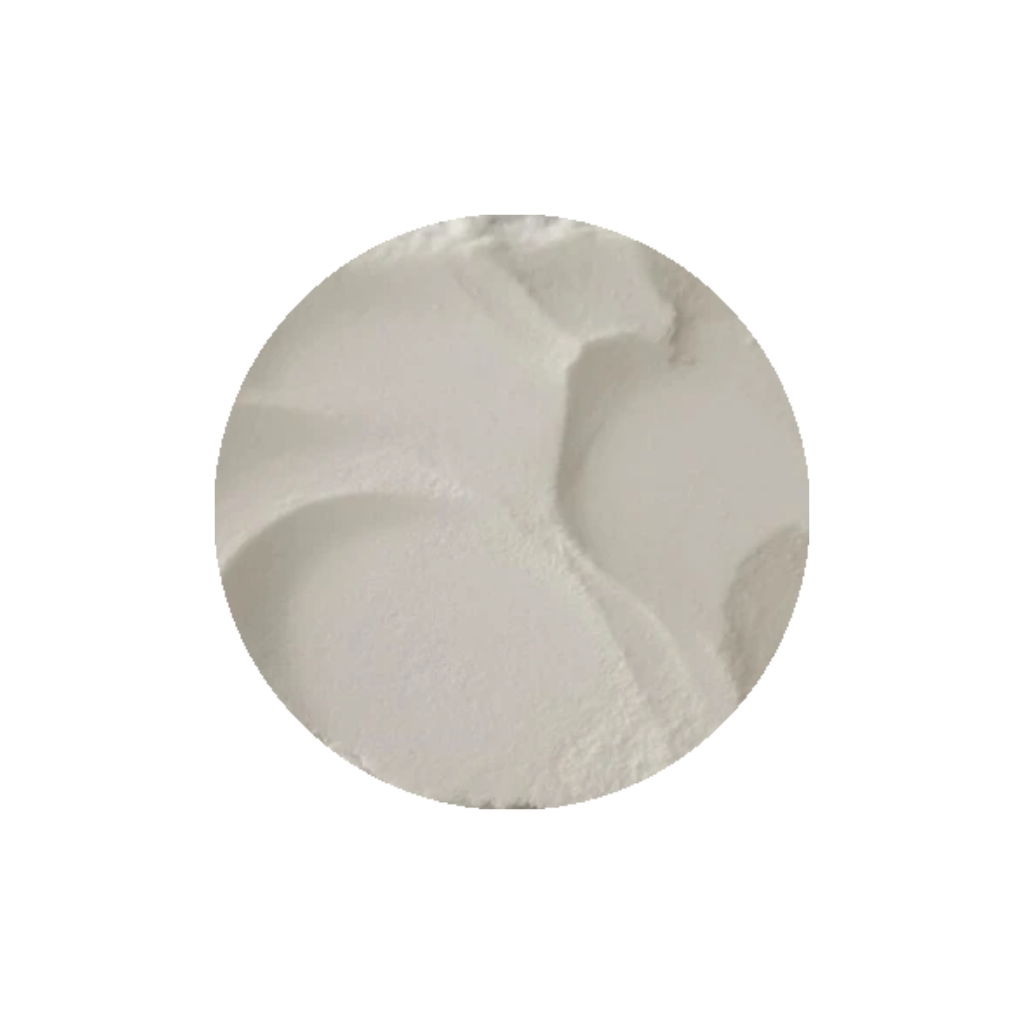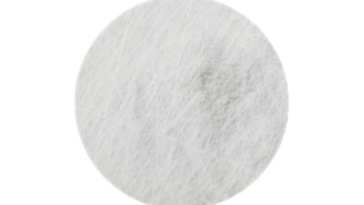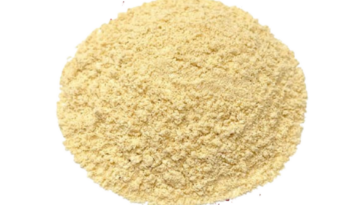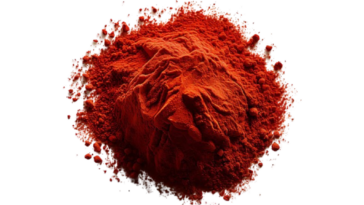Mannitol, a type of sugar alcohol, is a naturally occurring compound found in several plants, fruits, and vegetables. It belongs to a group of sugar alcohols known as polyols, which are characterized by their sweet taste but lower calorie content compared to regular sugars like sucrose. One of the unique properties of mannitol is its ability to be absorbed slowly by the body, making it suitable for certain dietary and medical applications.
In nature, mannitol is found in notable quantities in sources such as mushrooms, seaweed, and certain types of berries. However, due to its versatility and potential applications, it is also commercially produced from various plant sources. Cassava tubers, for example, are a common source for commercial mannitol production. Cassava, a starchy root vegetable, contains significant amounts of carbohydrates, which can be processed to extract mannitol.
Additionally, seaweed, particularly certain species like brown algae, serves as another significant source of commercially produced mannitol. Seaweed is rich in polysaccharides, including mannitol, which can be extracted and purified for various industrial uses.
The commercial production of mannitol involves extraction, purification, and sometimes chemical modification processes to obtain a high-quality product suitable for its intended applications. This versatile compound finds applications in several industries, including food and beverage, pharmaceuticals, and healthcare.
In the food industry, mannitol is used as a sugar substitute, particularly in sugar-free or reduced-sugar products like candies, chewing gums, and low-calorie desserts. Its sweet taste and low calorie content make it an attractive option for manufacturers looking to create healthier alternatives to traditional sugar-laden products.
In pharmaceuticals, mannitol serves multiple purposes. It is commonly used as an excipient in drug formulations, where it functions as a bulking agent, stabilizer, or diluent. Mannitol’s slow absorption rate also makes it suitable for certain medical applications, such as osmotic diuretics to treat conditions like cerebral edema and glaucoma.
Overall, mannitol’s natural occurrence in plants and its commercial production from various sources make it a valuable compound with diverse applications across several industries. Its sweet taste, low calorie content, and unique physiological properties contribute to its widespread use in food, pharmaceuticals, and other sectors.
Vitamins & Minerals:
Mannitol itself is not a vitamin or mineral. It’s a sugar alcohol commonly used as a sweetener or bulking agent in supplements and medications.
Probiotic, Prebiotic, or Postbiotic:
Mannitol, maltodextrin, raffinose, lactulose, and sorbitol are also prebiotics with proven health properties (Yeo and Liong 2010; Vamanu and Vamanu 2010; Mandal et al. 2009). Resistant starch-rich whole grains are considered prebiotic in nature and assumed that their consumption leads to many health benefits.
Dietary & Health Information:
Mannitol is a sugar alcohol that has two main uses: as a sweetener and as a medication . As a sweetener, it is used in sugar-free foods and beverages because it is poorly absorbed by the intestines and therefore has very few calories.
- Prebiotic Properties: Mannitol serves as a prebiotic, meaning it can promote the growth and activity of beneficial bacteria in the gut. Prebiotics like mannitol are not digested by the body but instead serve as food for probiotics, the beneficial bacteria in the gut. By supporting the growth of these bacteria, mannitol contributes to gut health and overall well-being.
- Low-Calorie Sweetener: Mannitol is a sugar alcohol sweetener, which means it can provide sweetness to foods and beverages without contributing as many calories as sugar. This makes it a suitable option for individuals looking to reduce their calorie intake or manage their weight without sacrificing taste.
- Laxative Effect: Mannitol has mild laxative properties, which can help relieve constipation. As a sugar alcohol, it draws water into the colon, softening the stool and promoting bowel movements. This makes it useful for individuals experiencing occasional constipation or those who need gentle relief from digestive discomfort.
- Intraocular Pressure Reduction: In medical settings, mannitol is used to reduce intraocular pressure, particularly in patients with glaucoma. By drawing fluid out of the eye, mannitol can help alleviate pressure on the optic nerve, which is essential for preserving vision in individuals with glaucoma.
- Potential Dental Health Benefits: There is some evidence to suggest that mannitol may have benefits for dental health by reducing tooth decay. As a sugar alcohol, it is less likely to contribute to tooth decay compared to sucrose (table sugar). Additionally, mannitol’s ability to stimulate saliva production may help rinse away food particles and bacteria from the mouth, further promoting oral hygiene.
In summary, mannitol offers a range of health benefits, including its role as a prebiotic, low-calorie sweetener, laxative, intraocular pressure reducer, and potential dental health promoter. However, it’s essential to use mannitol appropriately and consult with a healthcare professional before using it for medicinal purposes, especially for conditions like glaucoma.




 No products in the cart.
No products in the cart.